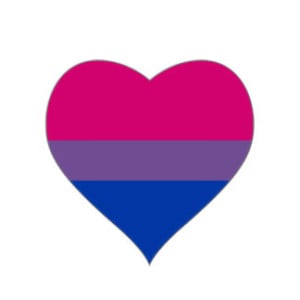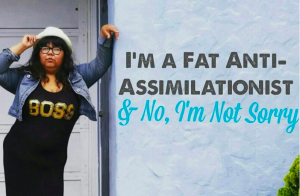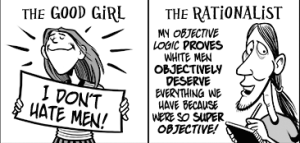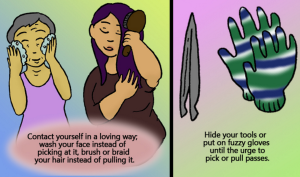
Source: 10 Themes
Originally published on The Huffington Post and republished here with the author’s permission.
I think it’s weird that I’m writing this post.
Everything I’m going to say has already been said, better and with frequency by people of color. But it seems like when it comes to racism (just like men and feminism), white people need to hear it from other white people.
So let me state this plainly: White people, we are massively failing with our white fragility. When we are asked to do the very least in empathetic listening, we center entire conversations around our own feelings.
We argue with people of color about their lived experiences of racism. We say “not all white people!” and “all lives matter” and totally miss the point. We ask people of color to educate us – and to be “nice” about it. We talk about our good intentions. We bring up the times we were also treated badly.
Why? Because we can.
As white people living in white supremacy, we have the power to take that focus because society values our words more than those of people of color.
It’s hard to even recognize we’re doing it. But it has to change. We have to be able to comprehend a point about racism without demanding that a person patiently hold our hand and explain it to us very delicately as to avoid hurting our feelings.
Let’s just get this out of the way: The fact is, if you’re white in America, you’ve likely said, thought, or done something racist. It’s just a fact. We were all brought up in a white supremacist culture.
Not only do we passively participate in institutionalized racism as white people, we benefit from it! To shy away from that is to put oneself (yet again) above people of color.
We have to unlearn a lifetime of subtle and not so subtle social cues and behaviors. We have to become aware of how we think about people. We have to cringingly remember times we said racist things to other white people, or worse, in front of a person of color.
Whatever it is, we have to face that shit. And it’s hard. And it should be hard. We’ve had everything handed to us; we can’t demand racial enlightenment on a silver platter, too. We have to do the work.
By resisting (or even embracing) fear, guilt, and shame, we can open ourselves up to conversations about race that actually create a deeper understanding. By not expecting to be greeted with enthusiasm or praise for talking about race, we can avoid the pitfalls of feeling “attacked” or “bashed” when our assumptions are challenged.
We don’t need to be silent, but we do need to learn how to listen. We have got to stop entering conversations about racism only to derail them and center them on our feelings and our perspectives. We need to stop taking the focus away from the work the activists of color are doing.
We have to realize that being called a racist isn’t worse than being the victim of racism.
People of color who are activists, and especially women of color who are activists, are often asked to invest emotional labor in breaking down racism into bite-size pieces so that “well-intentioned” whites can understand.
We need to lessen this burden by understanding how taxing this work is and simply listening before we share our own insights and perspectives. People of color are very familiar with our stories.
I don’t have to live with the weight of knowing I can be gunned down in the street for no reason and my murderer would get away with it. I don’t ever have to contemplate how to prepare my child for a world that will fear, dehumanize, and underestimate them. I cannot fathom that. I also cannot imagine carrying the weight of this knowledge only to be asked to educate the same people who resist listening to my reality.
To then demand that people of color educate you on your own ignorance with the expectation of their further emotional labor is to abuse them.
White people, we can do better. We can sit with our friends of color and feel our emotions without coopting their grief. We can do our own labor to educate ourselves and find new sources of information to take the burden of our own ignorance off the people we have oppressed for centuries.
We can work harder to educate each other, as fellow white people, on how to better discuss racism, how to really show up for people of color in meaningful, non-disruptive ways, and fight white supremacy from within.
And we can do these things without demanding cookies or pats on the back or taking credit for “starting conversations.” These conversations have been happening without our participation for decades. We don’t get a gold star for acknowledging humanity and being decent human beings.
We’ve got to do better. People are dying out here.
[do_widget id=’text-101′]
Amelia Shroyer is a writer and immigrant living in Sweden. You can find more of her work here, and follow her on Twitter at @paymyrant.
Search our 3000+ articles!
Read our articles about:
Our online racial justice training
Used by hundreds of universities, non-profits, and businesses.
Click to learn more




















